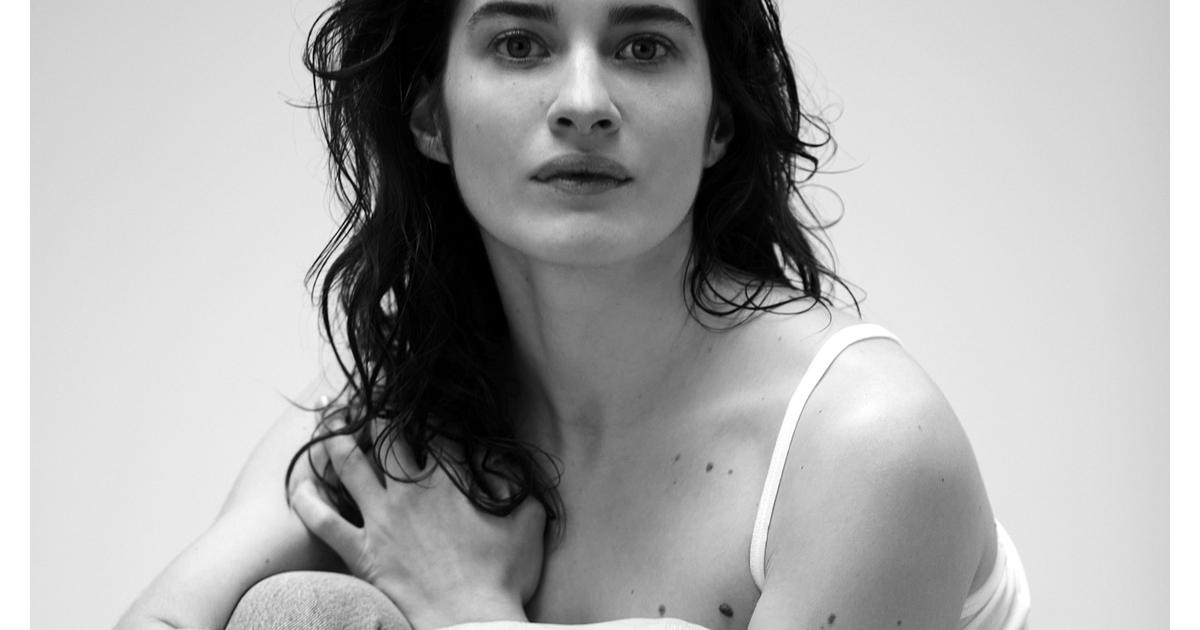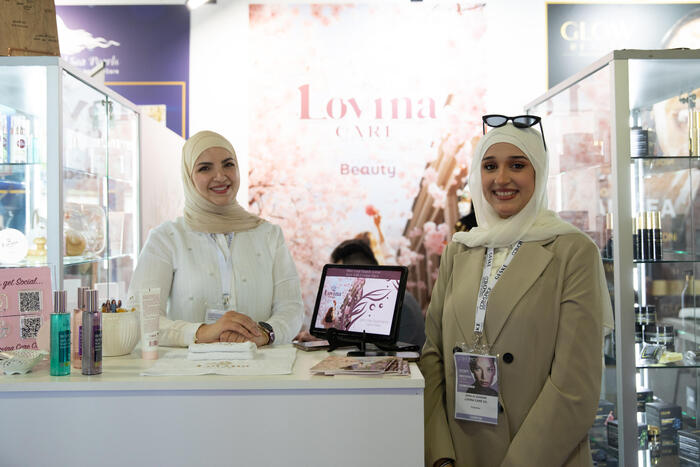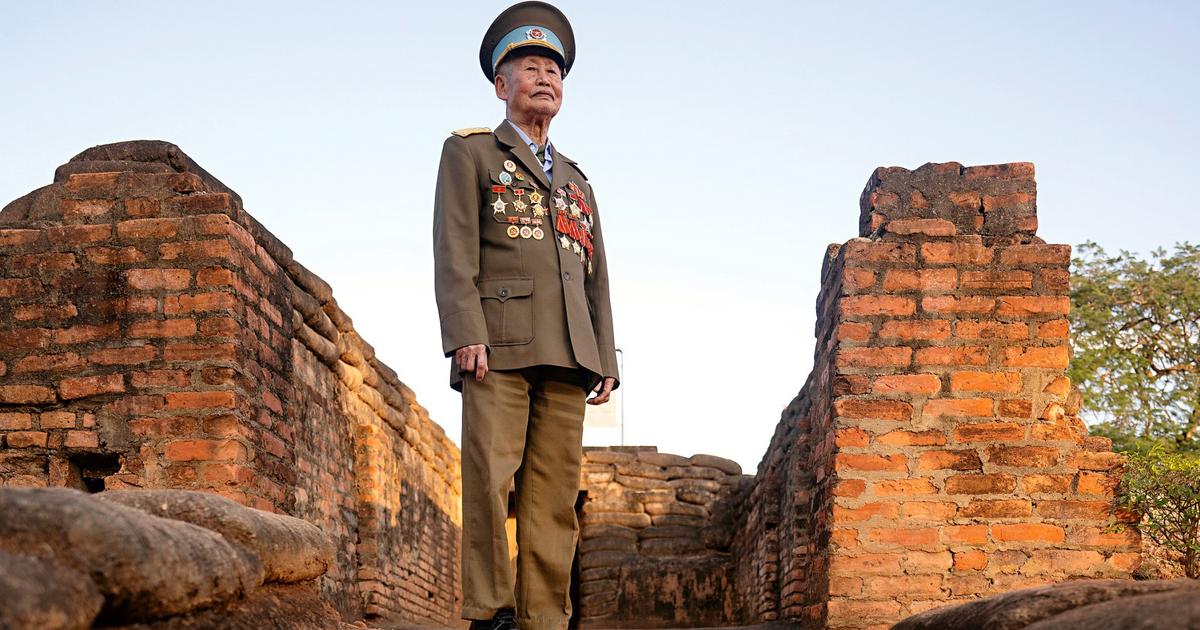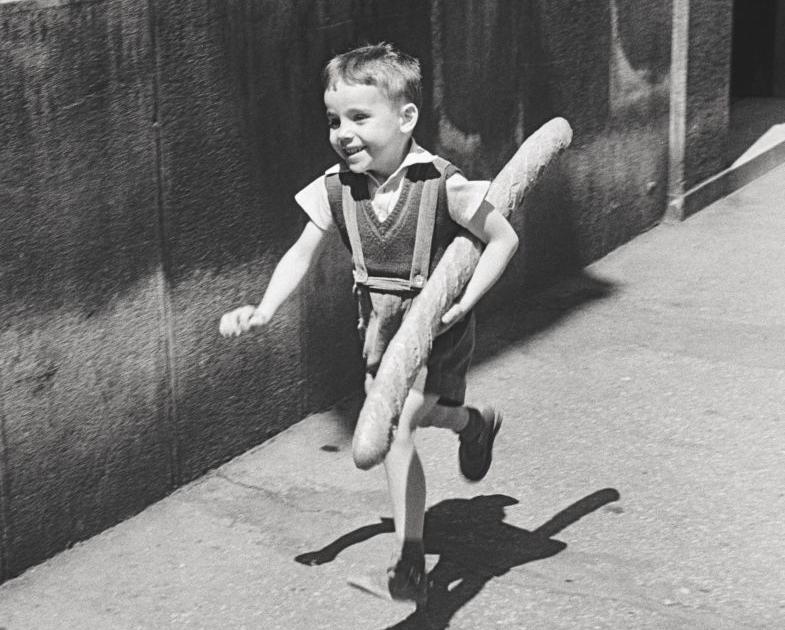Cologne pretty ugly - where beauty borders on neglect
Created: 05/14/2022, 14:14
By: Peter Pauls
The port authority in Cologne's Rheinauhafen and a corner of Friesenplatz show the spectrum of the city: beautiful and terribly ugly.
© P. Schickert / Imago & E. Bopp / Imago
The simultaneity of Hui and Pfui is symptomatic of Cologne: How can the city change without winners and losers, asks our guest author Peter Pauls.
"It's pretty ugly here," said actor Heinz Rühmann when he played Father Brown in 1960.
A classic movie quote.
That would also apply to Cologne, I thought as I touched on one of the points where beauty is contrasted with neglect.
The "Roman port road" for example.
The 33-meter-long stretch of historic cobblestones is not far from Cologne Cathedral and is a classic sight.
If you come close to her, after a few meters you will be met by the acrid smell of urine, which is so common here.
What a hard cut, to stay in movie jargon.
Or the Johannisstrasse.
Until recently, anyone who crossed the end section under the train station tracks was only prevented from wanting to burn their own shoes because of the proximity of the cathedral - given the dirt that people, animals and the weather had left there.
In the meantime, the place has undergone a thorough cleaning.
But it's still good as a backdrop for a scary movie.
There's even more simultaneity of Hui and Fie.
It is marked by questions of official responsibility and lethargy.
But I don't want to spoil your appetite.
Especially since Cologne is changing.
The Gerch Group demolishes buildings south of the cathedral to make room for the planned "Laurenz Carré".
The brownfield site on which Klöckner-Humboldt-Deutz built engines in Mülheim until the early 1990s also seems to have regained consciousness.
In the meantime, the city has to face a race against the decay of the historic building fabric.
It is possible that a new district will actually be created there.
The potential is there.
The traffic measures are obvious.
Streets such as Ehrenstraße will be redesignated as pedestrian zones, and parking spaces will be eliminated.
A topic of concern not only for the approximately 280,000 people who commute to Cologne every day, but also for the retail trade.
He is marked by the pandemic and is looking forward to next autumn with concern.
Are there winners and losers in this change?
How can Cologne be equally attractive for employers and employees?
The attraction of this city is unbroken, the city is full to the brim with people from near and far.
Are judgments like "pretty" or "ugly" just a matter of perspective?
Roberto Campione: Copenhagen and Amsterdam could be examples of Cologne
Urban planner Roberto Campione, street furniture with withered plants in Cologne-Deutz.
© Peter Pauls
To get in the mood, I spoke to Roberto Campione, who ran in the recent mayoral election.
What the trained urban planner says is always interesting.
Could Copenhagen and Amsterdam, as cycling cities, be an example for Cologne, as some election adverts said?
"Sure," agrees the 49-year-old.
If that were the case, local public transport in Cologne would actually offer an alternative to the car.
Then neighborhood garages would be set up.
A genuine coexistence of pedestrians, cyclists and motorists might arise.
Campione goes into raptures when he reports on Copenhagen, where motorists and cyclists smiled and waved to each other.
He misses this friendly togetherness in everyday traffic here.
"There is an elbow mentality and nobody is satisfied."
Only recently he was yelled at by a combat cyclist when he did what the name promises in one of the newly established "promenades": stroll.
Discussion of the Cologne Press Club in the Excelsior Hotel Ernst
►
How can Cologne remain or become attractive for everyone in times of change?
We want to discuss this with
Dr.
Nicole Grünewald
, IHK President, Dr.
Jürgen Amann
, Head of Cologne Tourism and
Dr.
Wittich Roßmann
, head of the Cologne DGB.
Please register by e-mail at >info@koelner-presseclub.de<, participation in this discussion round is possible free of charge after confirmation.
►
Our guest author Peter Pauls
is chairman of the Cologne Press Club.
Before that, he was editor-in-chief of the daily newspaper Kölner Stadt-Anzeiger for many years.
This article is from the Cologne Press Club newsletter, which you can subscribe to here.
"Cologne has cosmopolitan potential that just needs to be presented in a sophisticated and professional manner"
Roberto Campione has recently been the first chairman of the Cologne Business Club.
He wants to get involved because he believes in the city's future.
It must leverage the cosmopolitan potential that characterizes it, he says.
The Rhine as
the
German river connects the two halves of Cologne, the cathedral as a world heritage site has international recognition, and carnival not only brings the city one billion euros in sales.
Rather, as a cultural asset, it is deeply rooted in both everyday and high culture and is therefore a unique selling point.
With the Via Culturalis, which is practically already there, the archaeological zone and the historic center next to the cathedral, Cologne has further cosmopolitan potential that only needs to be presented in an upscale and professional manner.
This also applies to the development of new port projects such as in Deutz.
Why not ask for advice here too, he suggests.
For example in Hamburg, where the transformation of the port has been implemented perfectly.
Cologne: Treadmill connection between the main station and Deutz?
Finally, he came up with the idea of a moving walkway connection between Cologne Central Station and its neighbor Deutz, as well as an east-west subway that crossed under the Rhine and only went above ground at the level of the Melaten Cemetery.
As a cosmopolitan promenade, the Deutzer Bridge could become a green crossing of the Rhine.
Two racing cyclists, briskly riding side by side across the Deutzer Freiheit, tear him out of his reverie with their loud conversation.
This street will soon become a pedestrian zone.
Officially, it is said that this has been positively coordinated with the trade.
As on the Eigelstein, things are different when you talk to business owners.
"He was never asked," says Ralf Luhr, who runs a third-generation Lotto-Toto tobacco shop on behalf of others.
He survived Corona with a black eye.
Now he is worried about renewed sales losses.
This is also an issue for Cologne.
Does an eloquent class prevail politically?
People who can articulate and organize themselves and who provide templates for politicians?
"Nobody can be silenced," says Campione matter-of-factly, adding pointedly: "That only happens with people who think differently."
(pp/IDZRW)









